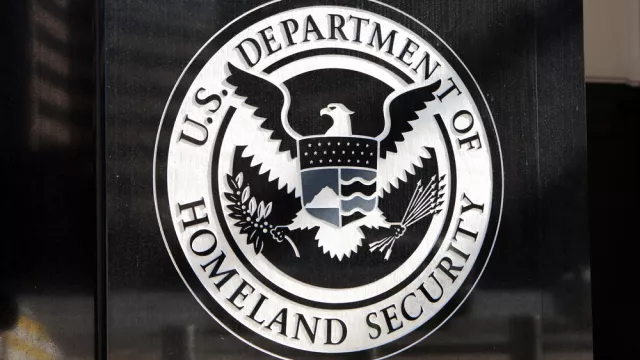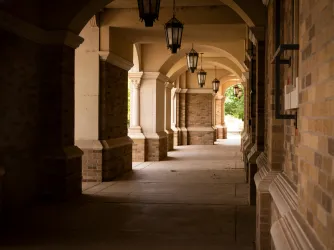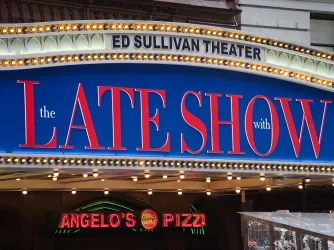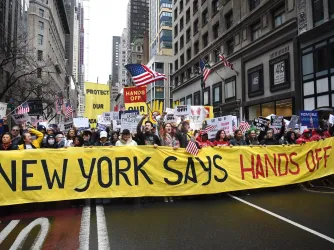Table of Contents
Statement on congressional letters and subpoenas to researchers studying ‘misinformation’

As part of a recent, ongoing congressional investigation, the House Judiciary Committee issued a subpoena demanding information from academic researchers studying “misinformation” at Stanford University’s Internet Observatory.
One of the Committee’s stated goals is to uncover “how and to what extent the Executive Branch has coerced or colluded with companies and other intermediaries to censor lawful speech.” But targeting academic researchers with demands for information about, or related to, their research raises serious red flags because of the chilling effect it has on future research into controversial topics.
According to the Committee, the subpoena demands “[a]ll documents and communications between or among the SIO and any company referring or relating to . . . the accuracy or truth of content.” The Committee’s broad demand necessarily implicates SIO’s mission — “the study of abuse in current information technologies, with a focus on social media” — and at least one category of SIO research studying “how rumors become misleading narratives.” The subpoena’s language forces SIO’s scholars to disclose their scholarship and research, and the communications integral to it, to the Committee. As a result, the Committee’s subpoena threatens academic freedom.
Congress may have the authority to request information and, at times, demand it. But when academic freedom is implicated, as it is here, it must tread with exceeding caution.
For over six decades the Supreme Court has recognized that academic freedom is vital to the health of our democracy. In 1957’s Sweezy v. New Hampshire, the Court famously wrote:
The essentiality of freedom in the community of American universities is almost self-evident. No one should underestimate the vital role in a democracy that is played by those who guide and train our youth. To impose any strait jacket upon the intellectual leaders in our colleges and universities would imperil the future of our Nation . . . Scholarship cannot flourish in an atmosphere of suspicion and distrust. Teachers and students must always remain free to inquire, to study and to evaluate, to gain new maturity and understanding; otherwise, our civilization will stagnate and die.
In considering a government investigation into a faculty member’s scholarship and teaching, the Sweezy Court explained why the First Amendment requires special vigilance against government intrusions into research:
For society’s good — if understanding be an essential need of society — inquiries into these problems, speculations about them, stimulation in others of reflection upon them, must be left as unfettered as possible. Political power must abstain from intrusion into this activity of freedom, pursued in the interest of wise government and the people’s wellbeing, except for reasons that are exigent and obviously compelling.
These pages need not be burdened with proof, based on the testimony of a cloud of impressive witnesses, of the dependence of a free society on free universities. This means the exclusion of governmental intervention in the intellectual life of a university. It matters little whether such intervention occurs avowedly or through action that inevitably tends to check the ardor and fearlessness of scholars, qualities at once so fragile and so indispensable for fruitful academic labor.
The Sweezy Court’s observations are as true now as they were then.

Government attempts to label speech misinformation, disinformation, and malinformation are a free-speech nightmare
Allowing the government to decide what speech is and is not fit for public consideration will likely make the problem worse.
News of the Committee’s subpoena came after reports earlier this year that the House Judiciary Committee sent a series of letters to researchers of “misinformation” at Stanford University, the University of Washington, Clemson University, and the German Marshall Fund of the United States. When the letter to Stanford did not result in the disclosures requested, the Committee issued the subpoena. It again wrote the researchers at Stanford University in June, this time threatening legal action if the recipients fail to produce the requested information.
Congress may have the authority to request information and, at times, demand it. But when academic freedom is implicated, as it is here, it must tread with exceeding caution, mindful of the Sweezy Court’s wise warning and cognizant of the chilling effect a congressional inquiry creates. As FIRE has warned elsewhere, coercive governmental pressure poses a dangerous threat to First Amendment freedoms.
We therefore urge the House Judiciary Committee to withdraw its subpoena and threats of legal action, and encourage it to instead pursue legitimate oversight goals through methods that do not threaten academic freedom.
Recent Articles
Get the latest free speech news and analysis from FIRE.

He refused to censor his syllabus — so Texas Tech cancelled his class

Fandom’s lighthouse in a sea of censorship

FIRE statement on Stephen Colbert’s James Talarico interview and continued FCC pressure


